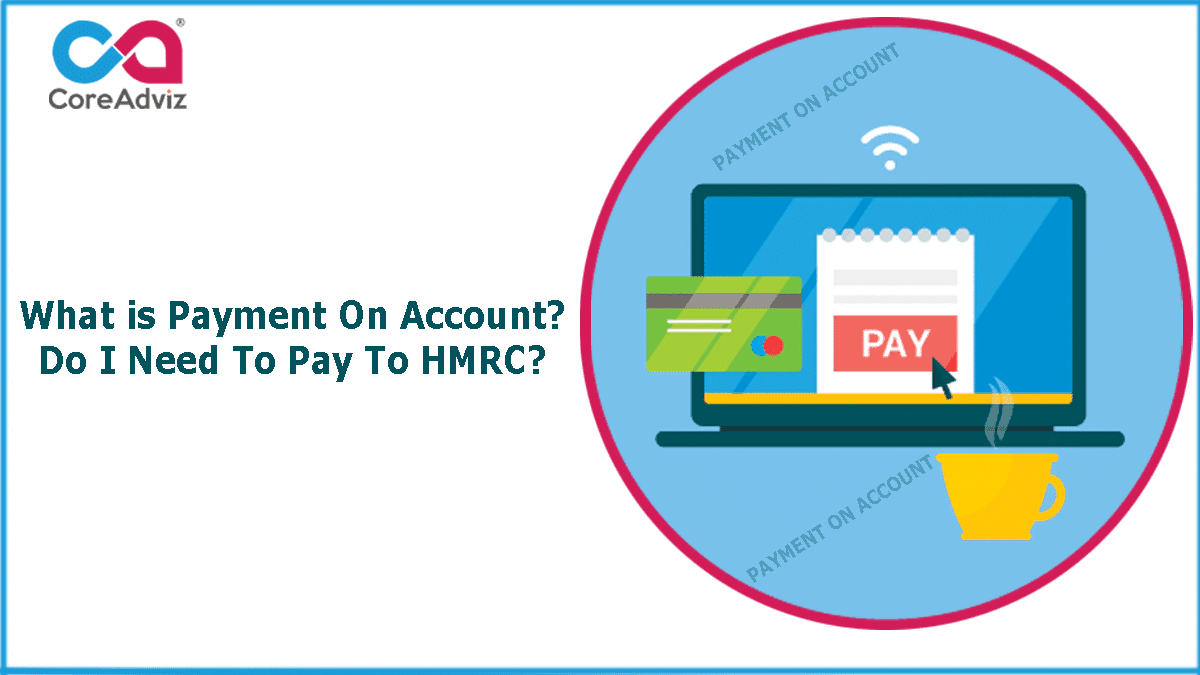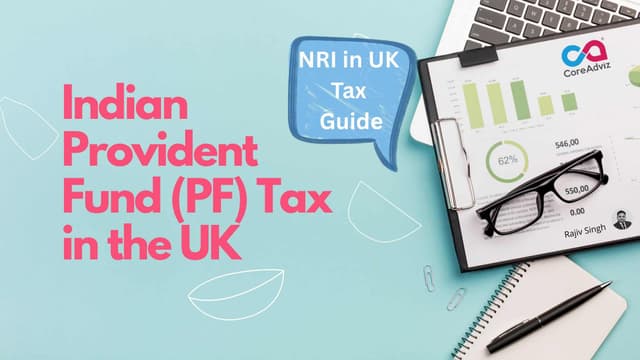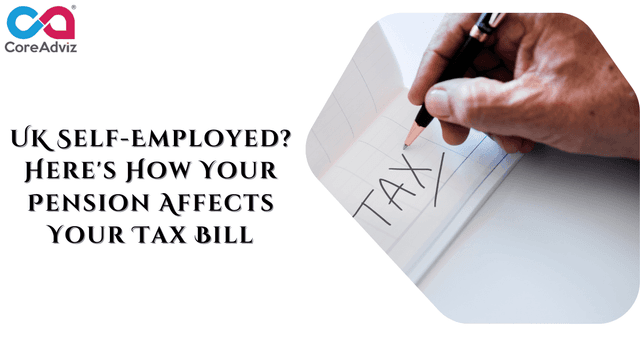
HomeBlog What is Payment On Account? Do I Need To Pay To HMRC?
What is Payment On Account? Do I Need To Pay To HMRC?
Kausik MukherjeeIncome Tax
In the UK, “Payments on account” are advance payments towards your tax bill for the current financial year. It also includes Class 4 National Insurance contributions for self-employed individuals. The due amount is calculated based on estimated assumptions and should be paid twice a year: one on 31st January and the other one on 31st July by midnight. Here are the details to follow to make your payment on account to the HMRC.
Who should be paying advance tax (payment on account)?
There are two scenarios, you must make payment on account:
(a) if previous self-assessment tax dues were £1,000 or more and
(b) The tax amount you paid during the current year is less than 80% of the tax due for the previous year.
This paid amount can include any tax deducted by your employer through your tax code or any interest deductions from your savings by your bank.
In case, the sum total of both payments (advance tax) is less than the self-assessment of the current year, you must make the remaining balancing payment to the HMRC by 31st January of the next calendar year.
Ways to make the payment
Following are the several ways to make your payments.
(a) Online bank account
(b) Telebanking
(c) Debit or corporate credit card
(d) At your bank or building society
(e) Direct debit
(f) Cheque by post
(g) Tax code
When the 11-character payment reference is needed during the payment, you must use your Unique Taxpayer Reference (UTR) followed by the letter K.
How to check the tax bill balance of payments on account at the HMRC?
By signing on to the HMRC online account or HMRC mobile app. If you are using smart phone, can download app from this link. You can view the tax bill and payment statements year-wise. You will find the payments made on account and payments on account due for the next self-assessment bill.
Example of Payment of Account
Scenario (a) Suppose your past year’s tax due for year 2022-23 from self-assessment was £3600, so you should be paying two payments on account (advance tax) towards year 2023-24
- £1800 due by 31st Jan 2024
- £1800 due by 31st July 2024
Scenario (B) Now consider scenario that actual self-assessment tax bill for 2023-24 is £5,000, whereas two payments on account have already been made of £1,800 each above.
So, the total payment on account made to the HMRC is £3,600 towards year 2023-24, and the balancing payment is £5,000-£3,600 =£1400 due to be paid.
Now, the first tax payment to be made on or before 31st January 2025 will be the:
- Balancing payment of £1,400
- 50% of £5,000=£2500
So, total 1st payment will be £3,900.
Then, follow on 31st July 2025, the second payment on account for 2024-25 has to be made will be £2,500 (50% of 5,000).
Scenario ( C) In the above scenario B, we assumed that your self-assessment tax computation for the year 2023-24 exceeds the total of the two payments on account. However, if the actual amount let’s say lower is £3000 and you have already paid £3600 (£1800 X 2) , you will not need to make a balancing payment on 31st January 2025. The excess amount will be adjusted against your final tax bill and the next payment on account due on 31st January 2025, and so on.
- 1st Payment on account 50% of £3000 = £1500 minus account excess £600 = £900 due on 31 Jan 2025
- 2nd payment of account is 50% of £3000 = £1500 due by 31st July 2025
For more detailed information, you can visit the official website of HMRC.
FAQs
Whether I need to pay any tax on capital gains and student loans while making payments on account to the HMRC?
No, you need to pay these by balancing payments.
Is there any way by which I can reduce my payments on account?
Yes, you can by making an online or offline request to the HMRC for the same provided it is known that your tax bill will be not more than the tax bill of the last year.
What will happen if mistakenly, I end up paying more or less than my tax bill?
If you end up paying more, you can seek a refund of your overpaid taxes from the HMRC and if you end up paying less, there will be an interest charged by the HMRC.


